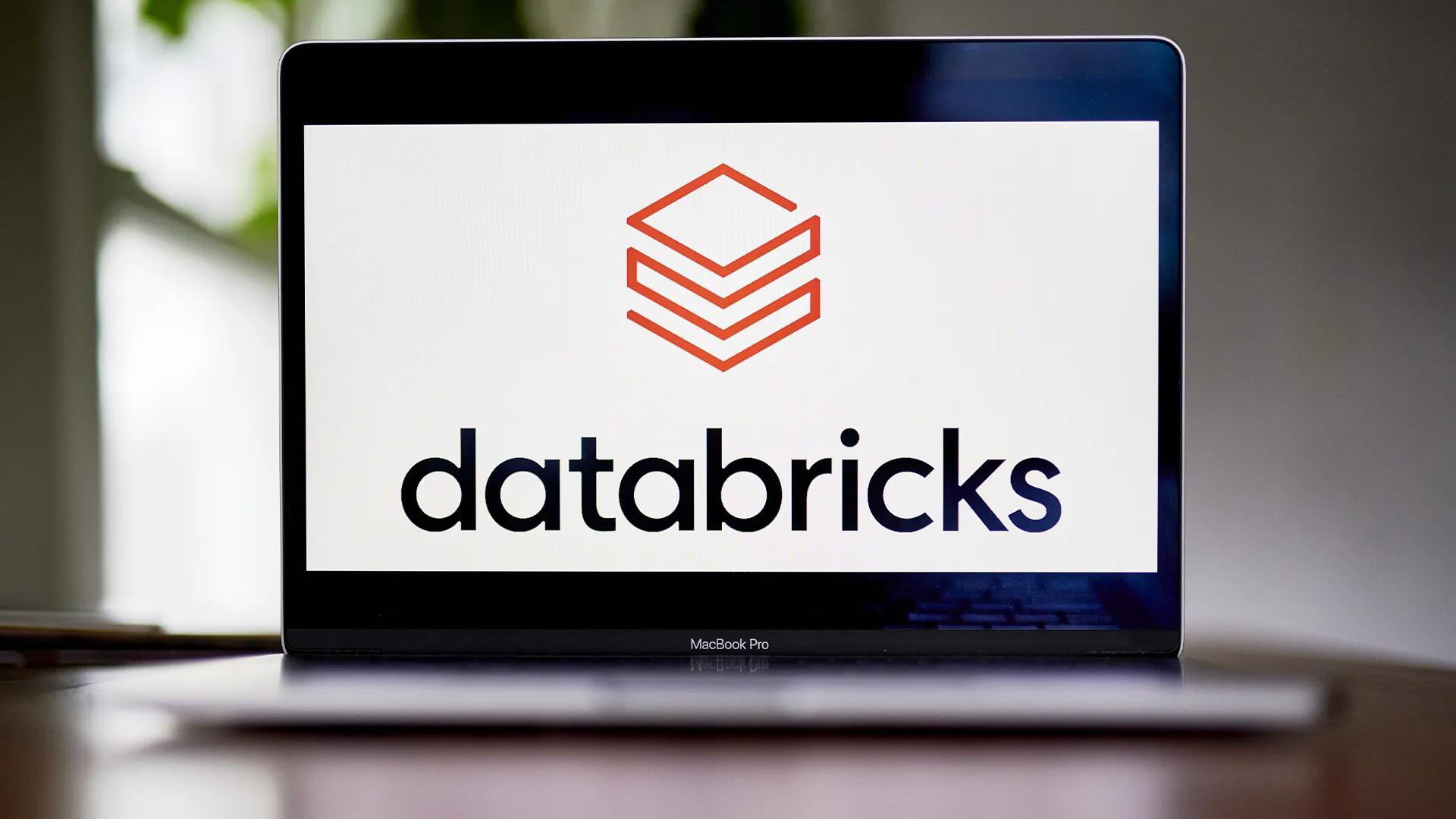Databricks and Anthropic have forged a significant collaboration aimed at simplifying and accelerating the development of AI agents for enterprises. This partnership brings together Databricks' robust Data Intelligence Platform and Anthropic's advanced AI models, including the new Claude 3.7 Sonnet, to empower businesses to build domain-specific AI agents that can reason on their own data.
The collaboration addresses a growing need in the industry, as agentic AI is rapidly emerging as a transformative technology. AI agents, capable of operating autonomously or in a supporting role, are attracting considerable attention, with major industry players like Salesforce, Microsoft, Oracle, Google, and OpenAI actively developing their own offerings. Dario Amodei, CEO and co-founder of Anthropic, anticipates that the rise of AI agents will continue to gain momentum throughout 2025.
Databricks recognizes that while interest in agentic AI is surging, many enterprises face challenges in building, deploying, and evaluating these agents effectively. The collaboration with Anthropic aims to overcome these hurdles by combining the strengths of both companies. Databricks' Mosaic AI platform provides tools for building, deploying, and managing generative AI models with retrieval-augmented generation (RAG) applied to proprietary data. Anthropic's Claude models, on the other hand, are optimized for real-world tasks and offer advanced reasoning, planning, and agentic capabilities.
A key aspect of this partnership is the native availability of Anthropic's Claude 3.7 Sonnet within the Databricks platform across AWS, Azure, and GCP. This integration enables secure and governed access to Claude's capabilities directly within Databricks. Claude 3.7 Sonnet stands out as Anthropic's most advanced AI model to date, excelling in complex tasks such as agentic reasoning, multi-step planning, and multi-turn conversations with long context and deep document and data understanding. It is also a hybrid reasoning model, allowing developers to control its "thinking time" and inspect its reasoning steps, which is crucial for building transparent and trustworthy AI agents.
Through this collaboration, businesses can customize Claude with retrieval augmented generation (RAG), enabling the models to gather and incorporate new information, thereby reducing inaccuracies and improving overall reliability. Moreover, the integration with Databricks' Unity Catalog ensures that users can enforce access controls, set rate limits to manage costs, track lineage, implement safety guardrails, and monitor for potential misuse, ensuring that AI systems operate within defined ethical boundaries.
The partnership between Databricks and Anthropic signifies a major step forward in the development and adoption of AI agents for enterprise use. By combining their respective strengths, the two companies are empowering businesses to unlock the full potential of their data through AI, build domain-specific AI agents tailored to their unique needs, and ultimately drive increased returns on investment.




















